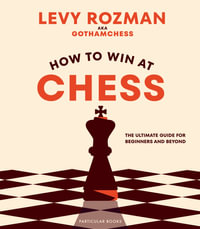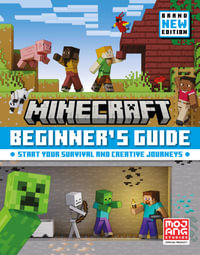Develop fun and exciting games and create amazing animations for your existing apps with SpriteKit, Apple's 2D game development framework
About This Book
- Learn the key concepts of game development in iOS
- Take advantage of SpriteKit to create your own games and improve your apps
- Follow the step-by-step chapters to create a complete product ready to submit to the App Store
Who This Book Is For
Getting Started with SpriteKit is for beginner-level iOS developers who want to add an extra edge to their apps and create amazing games using SpriteKit. It doesn't matter whether you have experience in iOS development or not as this book will show you the swift tricks you can use to create games.
What You Will Learn
- Create and configure a SpriteKit project from scratch
- Load and manage the basic elements of games such as sprites, labels, and geometrical primitives
- Handle touch events, detect collisions, and play sound audio files
- Create complex elements, animate sprites, and run the parallax effect
- Complete your games with key components such as a main menu, transitions between scenes, a tutorial, and the ability to load and save data
- Increase the efficiency of your device using the accelerometer or by adding shaders, lights, and shadows
- Gain complementary techniques such as creating or finding audio resources, applying SpriteKit to apps, or using third-party tools
In Detail
SpriteKit is Apple's game engine to develop native iOS games. Strongly boosted by the Apple Inc., Cupertino, it has increased in popularity since its first release. This book shows you the solutions provided by SpriteKit to help you create any 2D game you can imagine and apply them to create animations that will highlight your existing apps.
This book will give you the knowledge you need to apply SpriteKit to your existing apps or create your own games from scratch.
Throughout the book, you will develop a complete game. The beautiful designs implemented in the game in this book will easily lead you to learn the basis of 2D game development, including creating and moving sprites, and adding them to a game scene. You will also discover how to apply advanced techniques such as collision detection, action execution, playing music, or running animations to give a more professional aspect to the game. You will finish your first game by learning how to add a main menu and a tutorial, as well as saving and loading data from and to the player's device.
Finally, you will find out how to apply some mobile games techniques such as accelerometer use or touch detection.
Style and approach
Written in an informal way with plenty of illustrative screenshots, this easy-to-follow and practical guide will help you get the most from SpriteKit. The main part of the book provides step-by-step instructions to develop of a complete product, while the last chapters give you some complementary techniques than can be used in mobile 2D game development.























